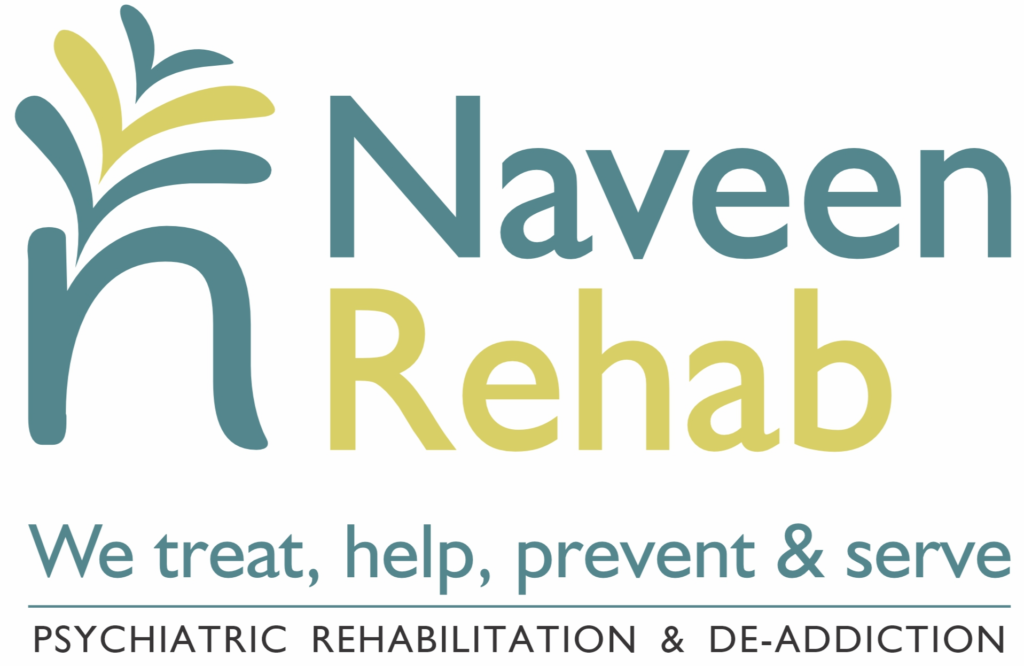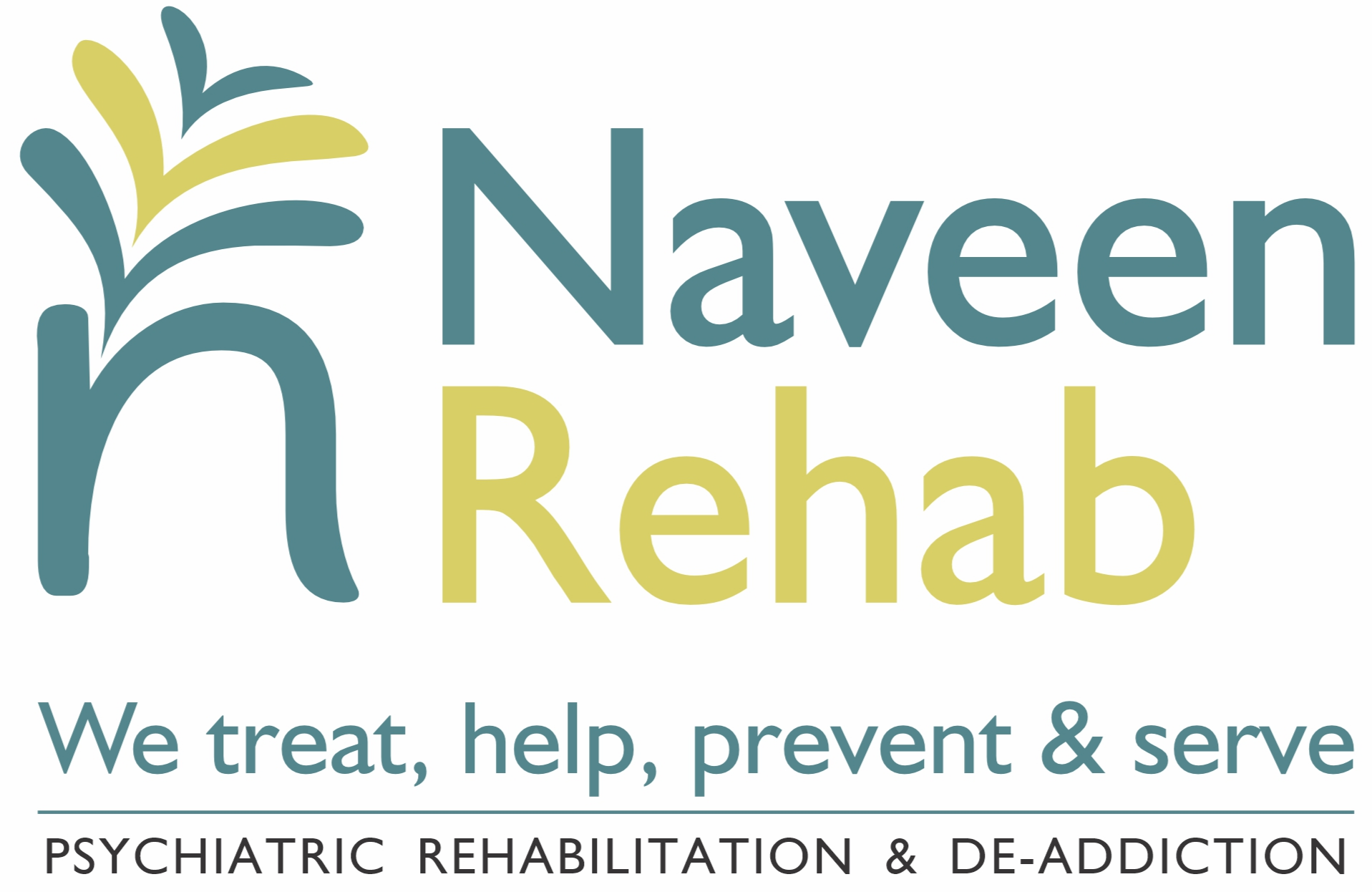Personality Disorders
Treatment for personality disorders frequently entails a mix of different therapies, drugs, and self-help techniques. Through our effective treatment and compassionate care, we at Naveen Rehab work with the patients to help them rediscover themselves.

Personality Disorders Treatment @ Naveen
At Naveen, we have a professional team of Personality disorder therapists experienced in managing personality disorders of all types. It is one of the most difficult disorders to treat in Psychiatry because people with personality disorders don’t think that their behaviouris problematic, so they don’t seek treatment. We use psychotherapy to help identify troubling emotions, thoughts, and behaviors. A combination of techniques including CBT, and DBT based on the type of personality disorder are being employed to help the patient cope with the disorder.
- What?
- Why?
- How?
A personality disorder is a mental health condition that involves long-lasting patterns of thinking, feeling, and behaving that deviate from the expectations of the culture. These patterns are inflexible and cause significant distress or problems functioning in relationships, work, or other areas of life.
Genetics: Some studies have shown that people with personality disorders are more likely to have a family history of the condition. This suggests that there may be a genetic component to personality disorders.
Environment: People who experience childhood trauma, such as abuse or neglect, are more likely to develop personality disorders. This suggests that environmental factors can also play a role in the development of personality disorders. Brain chemistry: Some studies have shown that people with personality disorders have differences in brain chemistry. For example, people with borderline personality disorder may have lower levels of serotonin, a neurotransmitter that is involved in mood regulation.
Childhood trauma: People who experience childhood trauma, such as abuse or neglect, are more likely to develop personality disorders.
Parenting style: People who grow up in a chaotic or unstable home environment are more likely to develop personality disorders.
Peer influences: People who are surrounded by people with personality disorders are more likely to develop personality disorders themselves.



